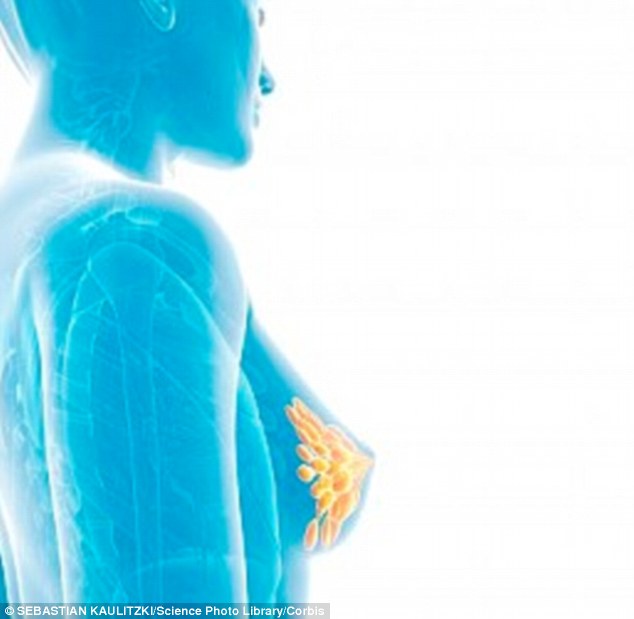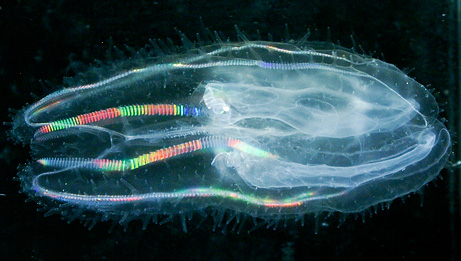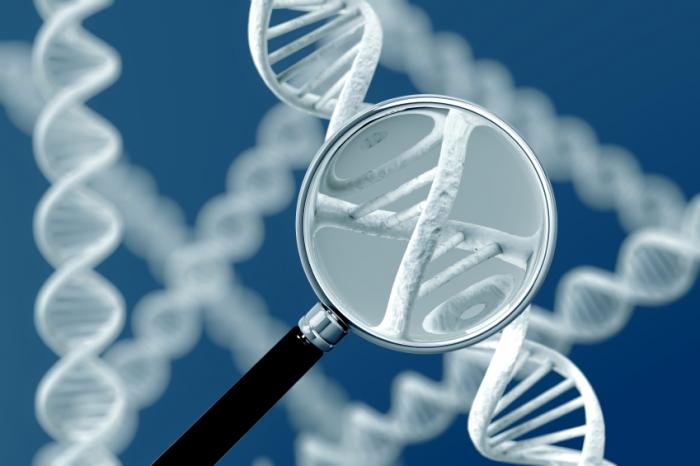Are You Struggling To Breastfeed?
It is something almost every new mother plans to do for their child, recognizing the benefits to their baby's health and development. But, for some, breastfeeding proves impossible.
Pain, cracked nipples, blocked ducts and a lack of milk - all are common hurdles faced. New mothers are susceptible to blaming themselves, feeling a failure for not being able to perform the most natural of tasks. But, a new study reveals the inability may in fact be the result of a mutated gene. Those mothers who carry the mutation affecting the ZnT2 protein were found to have lower levels of zinc in their system - a nutrient which is vital for the development and function of the mammary glands. Furthermore, levels of zinc in breast milk is an indicator of breast function during lactation, the Penn State University team found. They hope their discovery will help doctors more quickly recognize mothers who have trouble breastfeeding. In previous studies, researchers found that the protein ZnT2 is ‘critical for secreting zinc into breast milk'. The protein ZnT2 transports zinc in certain tissues of the body – including the mammary glands. Women who have mutations in the gene that encodes ZnT2 were therefore found to have ‘substantially lower’ levels of zinc – an essential mineral – in their milk. That leads to severe zinc deficiency in infants who are exclusively breastfed. The researchers also previously found that the deletion of ZnT2 in mice alters milk composition and impairs the ability of mice to nurse their offspring. In the current study, the scientists discovered that genetic variation resulting in either loss or gain of function may be common in women – and sometimes associated with indicators of poor breast function.
Scientists examined 54 breast-feeding women. They found that 36 per cent had at least one non-synonymous single nucleotide polymorphism – otherwise known as a mutation – in the protein ZnT2. That genetic variation was linked to abnormal levels of zinc in their breast milk. Another 12 previously unknown variants of ZnT2 were found in the participants. Five of those variants were also associated with abnormal zinc levels. Dr Shannon Keller, associate professor of cellular and molecular physiology and pharmacology at Penn State, said: ‘We had no idea that genetic variation in ZnT2 would be so common.’ The study found that women who have mutations in ZnT2 may have trouble breastfeeding because zinc is necessary for the development of the mammary glands – as well as their function. And, even if those women are able to breastfeed, their milk contains lower levels of zinc. That leads to severe zinc deficiency in infants. If a baby doesn’t receive enough zinc in their diet, they have a higher risk of immunological and developmental issues. But, the study also found that abnormal levels of zinc didn’t automatically imply a problem with ZnT2. That means other factors still need to be identified. During the study, the scientists divided the women into four groups, according to their breast zinc levels. They found that, in the group with the lowest zinc levels, 79 per cent of women had ZnT2 variants. In the group with the highest zinc levels, 29 per cent of the women had ZnT2 variants. The study said: ‘Importantly, among the subjects with “normal” milk (zinc levels), no variants in ZnT2 were detected.’ Scientists also examined the women’s ratio of sodium to potassium in the milk. That ratio is known to be an indicator of breast dysfunction – including infection and inflammation. Twelve per cent of the women with the most common ZnT2 variant had a ‘significantly higher’ ratio compared to women with no variation. Another nine per cent of women with a different, less common variant had a higher ratio than women with no variants. This means that genetic variation of ZnT2 is a modifier of breast function, the study concluded. Scientists caution that additional research must be completed to better understand why and how genetic variation affects milk zinc levels and breast function. However, they said these findings are ‘an important step in identifying breastfed infants who are at risk for zinc deficiency'. The study was published in the Journal of Mammary Gland Biology and Neoplasia. Written By Lisa Ryan Retrieved From:
|
|


















